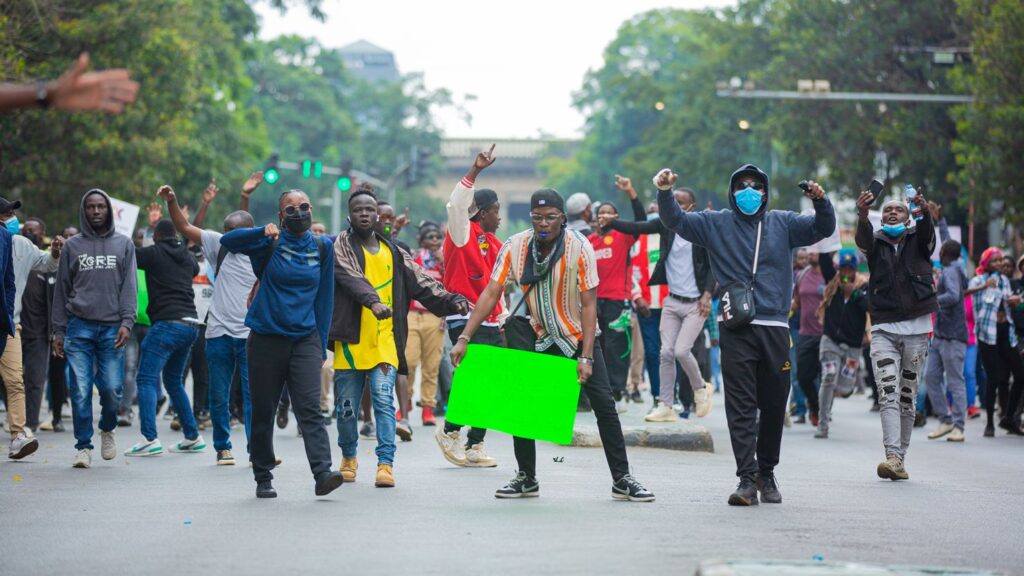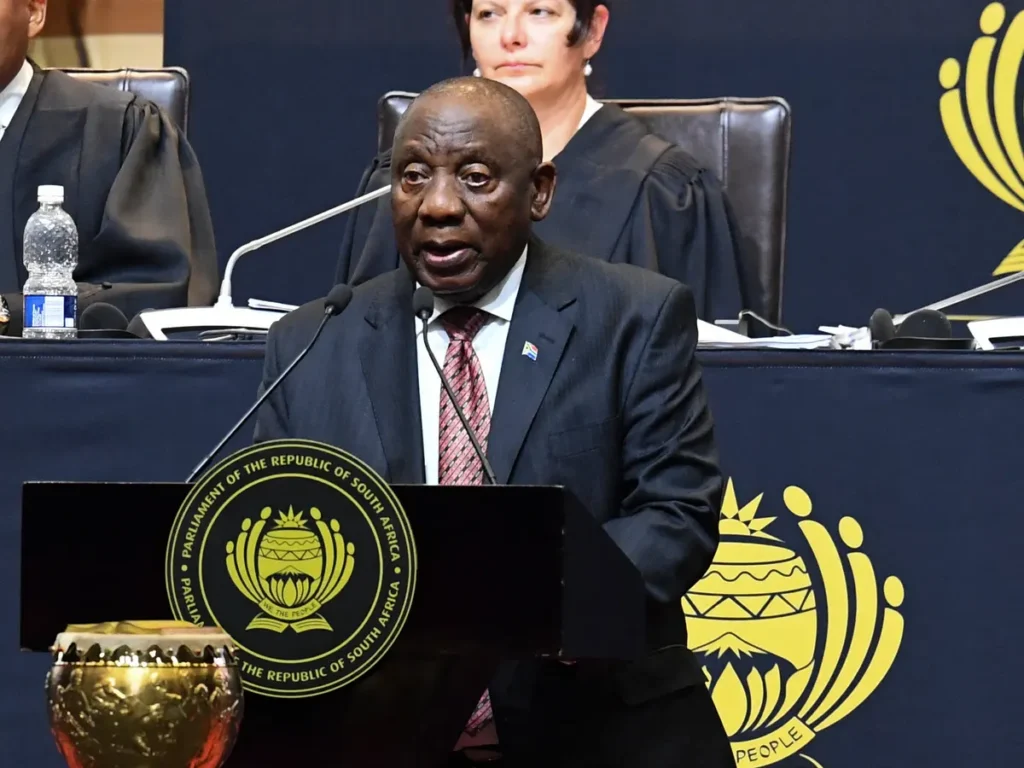
Protesters in Kenya are gearing up for nationwide demonstrations on Tuesday against recent tax hikes, aiming to expand a youth-led online movement into significant pressure on the government.
Organizers have also called for a general strike to oppose the finance bill, which seeks to generate an additional $2.7 billion in taxes to address the country’s growing public debt.
President William Ruto, elected nearly two years ago with a platform advocating for Kenya’s working poor, now faces challenges due to a substantial debt burden, where 37% of annual revenue goes to interest payments. This situation has hampered his ability to deliver on campaign promises.
Caught between lenders like the International Monetary Fund, pushing for deficit reductions, and a population struggling with inflation and steep tax increases from last year’s finance bill, Ruto is in a tight spot.
Thousands protested in Nairobi and other cities last week, demanding changes.
While demonstrations in Nairobi were largely peaceful, police used tear gas and water cannons, resulting in one death, reportedly due to police shooting. A police spokesperson did not comment, but Ruto acknowledged the protests’ peaceful nature and expressed willingness to engage with demonstrators.
Initially focused on the finance bill, protesters’ demands have expanded, with many calling for Ruto’s resignation.
Organic movement
Analysts note that these protests pose a unique challenge for Ruto, as they lack a central leader who could be negotiated with privately. The demonstrations appear to be an organic movement driven by young Kenyans online.
In response, the government has proposed amendments to the bill, removing new taxes on bread, cooking oil, car ownership, and financial transactions. However, these concessions have not fully satisfied protesters, who demand the complete withdrawal of the bill.
Lawmakers will debate the amendments on Tuesday, which the finance ministry warns could create a $1.56 billion gap in the 2024/25 budget, necessitating spending cuts or tax increases elsewhere.
“Ruto’s alternative is to place greater emphasis on reducing government profligacy – but holding together a political coalition makes this option less appealing,” said Fergus Kell, a political analyst at Chatham House.




